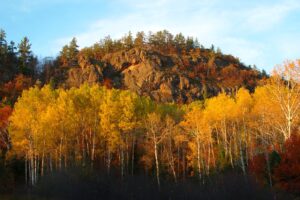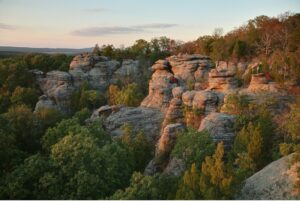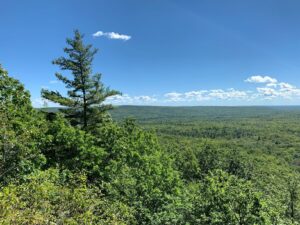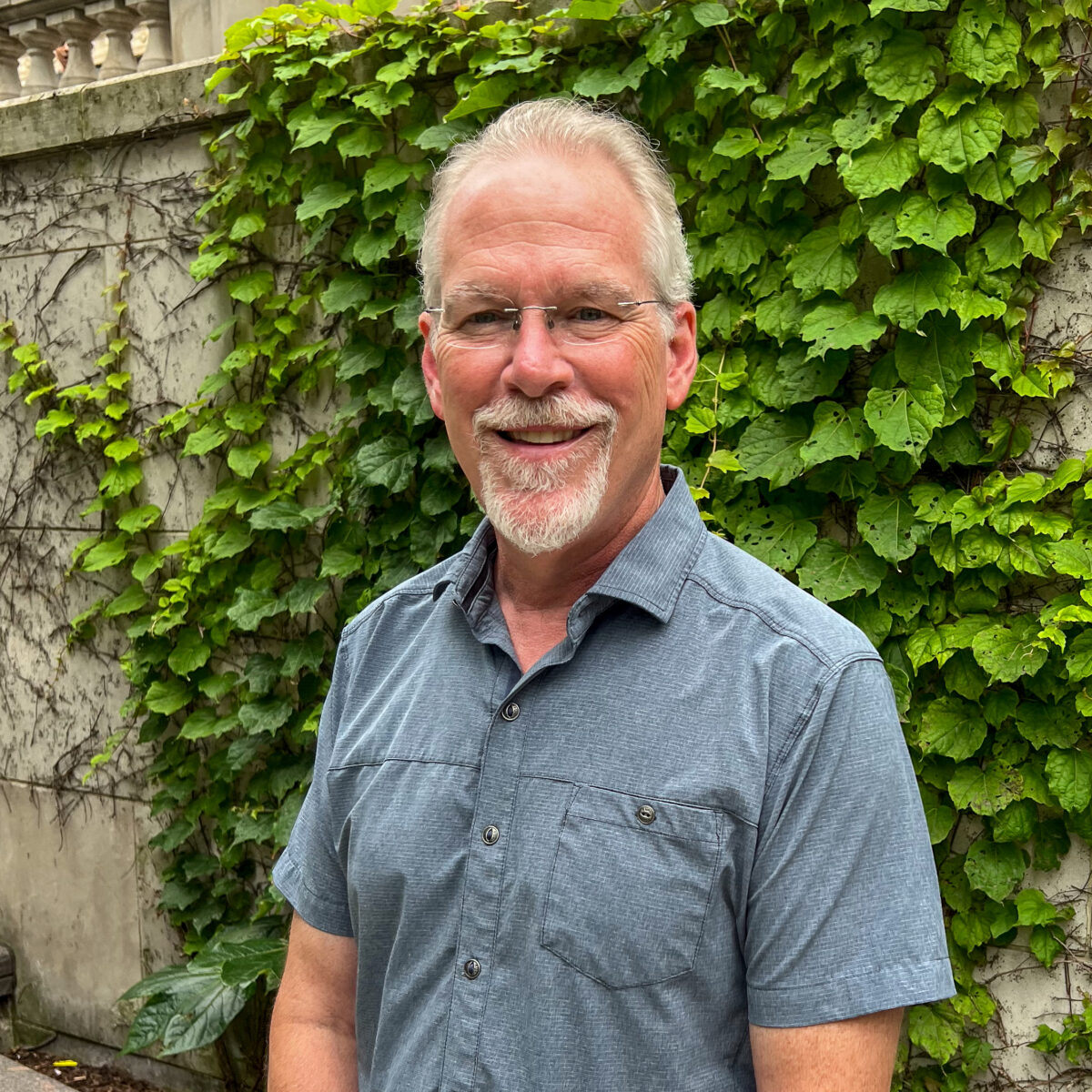Upper Peninsula, Michigan
September 23, 2025
Why Protecting America’s Last Roadless Forests Matters More Than Ever
The U.S. Department of Agriculture has announced plans to repeal the 2001 Roadless Area Conservation Rule, a safeguard that has protected more than 40 million acres of our national forests. ELPC is fighting back.
By Kelly Thayer, Senior Policy Advocate
In 1921, Aldo Leopold, an Iowan and one of the founders of modern conservation, argued that the U.S. Forest Service needed to preserve wild places free of roads and development. He knew that untrammeled forest lands couldn’t be recreated once they were lost. And he knew that Americans had come to cherish the wonders of the natural world. More than a century later, the roadless lands Leopold sought to protect are again under direct threat.
The U.S. Department of Agriculture has announced plans to repeal the 2001 Roadless Area Conservation Rule, a safeguard that for more than 20 years has protected more than 40 million acres of our most pristine national forests. These roadless areas—many in the Midwest’s Shawnee, Hiawatha, Ottawa, Hoosier, Superior, and Chequamegon-Nicolet National Forests—are some of the last wildlands left. They provide critical habitat for wildlife, clean our drinking water, store carbon, and offer refuge for people seeking quiet and beauty.

Repealing the Roadless Rule would do the opposite of what the administration has claimed. In 2001, the Forest Service itself acknowledged that new roads actually increase wildfire risks by bringing more people and ignition sources into fragile ecosystems. Meanwhile, taxpayers would shoulder the burden: expanding road networks would worsen the Forest Service’s already deep maintenance backlog and force downstream communities to pay more for water treatment as forests lose their natural ability to filter pollutants.
Roadless protections are also fiscally smart. Many timber sales in these areas have cost the government more to prepare than the revenue they bring in. Keeping forests intact saves money while sustaining the clean air, clean water, and outdoor recreation that drive local economies.

Equally important, these forests are part of our national heritage. They are living classrooms for children, havens for threatened species, and natural defenses against climate change. Allowing new roads and timber sales would irreparably damage the ecological and cultural value of these places.
And let’s not forget the public’s voice. When the Roadless Rule was first created, more than 1.6 million Americans spoke up, with an overwhelming 95% supporting permanent protections. Today, the government is trying to push through repeal with little chance for public comment, silencing the very communities who will bear the costs.
At the Environmental Law & Policy Center, we believe forests are more than just trees, they are part of the Midwest’s identity, a shield against climate chaos, and a trust for future generations. That’s why we are pushing back hard against the repeal of the Roadless Rule. 538 of our supporters added their voice to the public docket calling for this repeal to be stopped.
And we filed official comments urging the Forest Service to renew its commitment to roadless protections. Read them here.
Leopold was right: once lost, pristine lands are lost. We have a responsibility to protect what remains, both for ourselves and for those who come after us.

